New Zealand stands at a pivotal point in its diplomatic journey, marked by a compelling blend of traditional alliances and emerging global challenges. As a travel expert, understanding the future of New Zealand’s diplomacy is crucial for grasping the broader socio-economic landscape, which inevitably impacts the travel and tourism industry. With its unique geopolitical position and strong economic ties, New Zealand's diplomatic strategies will influence international travel routes, tourism policies, and the global perception of the country as a travel destination.
The Current Diplomatic Landscape
New Zealand has long been recognized for its independent foreign policy, often characterized by a commitment to multilateralism and peacekeeping. As a member of the United Nations and the Commonwealth, the country has actively contributed to international peace and security. However, recent geopolitical shifts, such as the rise of China and the ongoing impacts of climate change, necessitate a reevaluation of these strategies.
Economic Ties and Trade Agreements
Trade is a cornerstone of New Zealand's economy. The country's primary trading partners include China, Australia, and the United States, with China being the largest. The Comprehensive and Progressive Agreement for Trans-Pacific Partnership (CPTPP) and the Regional Comprehensive Economic Partnership (RCEP) are pivotal trade agreements that shape New Zealand's economic relationships. According to Stats NZ, in 2022, New Zealand's exports to China accounted for 29% of its total exports, highlighting the importance of maintaining strong diplomatic relations with China.
Case Study: New Zealand-China Relations
Problem: New Zealand, reliant on China for trade, faced diplomatic challenges when tensions arose over human rights issues.
- The country needed to balance economic interests with its commitment to human rights.
- Similar challenges have led to economic disruptions for other countries.
Action: New Zealand adopted a balanced approach, engaging in dialogue with China while also joining international calls for human rights reforms.
- This involved diplomatic discussions and leveraging multilateral platforms to raise concerns.
Result: New Zealand maintained its trade volumes with China while preserving its international reputation as a human rights advocate.
- Exports to China remained stable, contributing significantly to New Zealand's GDP.
Takeaway: This case underscores the importance of diplomatic agility and strategic engagement in international relations.
Technological Diplomacy and Innovation
As the world becomes increasingly digital, technological diplomacy is emerging as a crucial aspect of international relations. New Zealand is well-positioned to lead in this arena, thanks to its robust tech industry and commitment to innovation. Partnerships with tech giants and participation in global tech forums can enhance New Zealand's diplomatic influence. According to MBIE, the tech sector contributed NZD 16.2 billion to the economy in 2023, indicating its growing importance.
Data-Driven Analysis on Tourism Diplomacy
Tourism is another critical component of New Zealand's diplomacy. The country’s stunning landscapes and vibrant culture have made it a favorite destination for travelers. However, the COVID-19 pandemic highlighted the fragility of the tourism sector. Stats NZ reported a 91% drop in international visitor arrivals in 2020. Moving forward, tourism diplomacy will play a vital role in rejuvenating this sector.
Pros and Cons of New Zealand's Diplomatic Strategies
Pros:
- Strong Multilateral Ties: New Zealand's commitment to multilateralism enhances its global standing.
- Economic Growth: Trade agreements boost economic growth and open markets for Kiwi products.
- Technological Leadership: A focus on tech diplomacy positions New Zealand as a leader in global innovation.
Cons:
- Geopolitical Tensions: Balancing relations with major powers like China and the US can be challenging.
- Economic Dependence: Heavy reliance on a few key markets can lead to vulnerabilities.
- Environmental Concerns: Climate change poses risks that require international cooperation.
Diplomacy in a Disrupted World - Future Trends in New Zealand's Diplomacy
The future of diplomacy is being rewritten—and New Zealand is right in the middle of it.
With rising geopolitical tensions, climate emergencies, and shifting alliances, Aotearoa must redefine its role in the world. No longer just a quiet voice in the corner, New Zealand is stepping into a new era of diplomacy—one where identity, values, and video storytelling shape influence as much as treaties and trade.
So, what does the future of New Zealand’s diplomacy really look like?
Let’s unpack the forces driving change and how New Zealand is preparing to lead with mana, vision, and purpose.
1. Indo-Pacific Strategy Will Shape Our Diplomatic Core
New Zealand is no longer just a South Pacific nation—it is increasingly being viewed (and acting) as an Indo-Pacific player.
Why it matters:
The Indo-Pacific is home to 60% of the world’s population and most of NZ’s key trade partners (China, Australia, ASEAN).
It’s also a geopolitical hotspot, where tensions between the US and China will define security and economic policy.
What’s coming:
Deeper regional security engagement via the Pacific Islands Forum and ASEAN.
Clearer alignment with like-minded democracies (e.g. Japan, India, South Korea) to balance influence.
More assertive messaging in multilateral settings on rules-based order.
2. Climate Diplomacy Will Define NZ’s Global Legacy
New Zealand’s credibility as a global leader increasingly hinges on climate diplomacy—how it aligns its domestic emissions goals with international advocacy.
Future priorities:
Championing loss and damage funding for vulnerable Pacific nations.
Partnering with countries on green energy and carbon trading.
Elevating Māori perspectives of kaitiakitanga (guardianship) in global forums.
Watch for:
Climate finance agreements with ASEAN and the Caribbean.
A regional climate security pact covering Pacific migration, water, and food systems.
3. Māori Diplomacy (Whanaungatanga) Will Be Front and Centre
Māori knowledge systems, values, and leadership are no longer side notes—they are fast becoming diplomatic assets that differentiate New Zealand on the world stage.
What this means:
Te Ao Māori principles (e.g. whakapapa, manaakitanga, whanaungatanga) shape NZ’s unique approach to cooperation, conflict resolution, and environment.
Māori leaders and iwi entities are increasingly represented in trade, environmental, and cultural delegations.
Real examples:
Te Taumata and Māori business leaders shaping NZ’s trade negotiations.
Iwi forming international partnerships around aquaculture, forestry, and indigenous IP rights.
“Diplomacy isn’t just about governments anymore,” says Daniel Chyi.
“It’s about how identity, values, and relationships shape action. That’s where Māori worldviews offer the global system something deeply needed.”
4. Digital Diplomacy Will Go Mainstream
TikTok, Zoom diplomacy, and global livestreams aren’t just trends—they’re the new battlegrounds for influence.
Future tools:
Video storytelling to share NZ’s humanitarian efforts, trade innovation, and climate leadership.
Real-time response diplomacy (e.g. Twitter/X diplomacy during crises).
Virtual embassies and digital consular services.
Opportunities for New Zealand:
Punch above its weight with authentic video narratives.
Showcase Māori innovation, sustainability projects, and youth leadership to global audiences.
Partner with Pacific nations to build regional digital capacity.
5. Soft Power Will Outshine Military Might
New Zealand has never been a hard power player—and in the future, that’s an advantage. Its brand of soft power—based on trust, fairness, and authenticity—will carry more global currency than ever.
Strengths:
Reputation as a neutral, principled voice in conflict zones.
Strong domestic support for peacekeeping, human rights, and development aid.
Cultural exports (film, food, music, education) build emotional ties with global audiences.
Emerging initiatives:
Expanding NZ’s diplomatic presence in Africa and Latin America.
Boosting cultural diplomacy (Te Papa exhibitions, Māori cultural missions, NZ film festivals).
Training Pacific diplomats and youth leaders via MFAT fellowships.
6. Diplomacy Will Become More “People First”
The next era of diplomacy isn’t just state-to-state. It’s person-to-person, community-to-community.
Expect more:
Citizen diplomacy where Kiwi volunteers, entrepreneurs, and creators engage directly with international peers.
Diaspora-driven foreign policy: Fijian-Kiwis, Indian-Kiwis, and Chinese-Kiwis shaping bilateral relationships through lived experience.
NGOs and iwi playing larger roles in disaster relief, climate aid, and trade facilitation.
🎯 Avoiding the Mistakes Others Already Made
Hard Truth: Being Neutral Doesn’t Mean Being Silent
Historically, New Zealand leaned on its neutral brand to avoid tough diplomatic calls. But in today’s world, silence can be seen as complicity.
Example:
In 2022, NZ faced criticism for slow responses on global human rights issues compared to allies like Canada and Australia.
Lesson for the future:
Diplomacy needs moral clarity, not just calm tones. Kiwis respect integrity—even when it’s uncomfortable.
Tactical shift:
New Zealand must combine its neutrality with value-based diplomacy: standing visibly for peace, sovereignty, and sustainability.
Final Takeaways
- New Zealand's diplomacy is characterized by a commitment to multilateralism and innovative strategies.
- Key economic ties with China, Australia, and the US will continue to shape the country's foreign policy.
- Technological and climate diplomacy are emerging as important areas for future engagement.
Conclusion
As global dynamics evolve, New Zealand's diplomatic strategies will play a crucial role in shaping its future. For the travel industry, understanding these shifts offers valuable insights into potential opportunities and challenges. By staying informed and adaptable, New Zealand can continue to thrive on the international stage.
People Also Ask (FAQ)
- How does diplomacy impact tourism in New Zealand? Strong diplomatic relations enhance travel routes and international partnerships, boosting tourism.
- What are the biggest misconceptions about New Zealand's diplomacy? One myth is that New Zealand is too small to influence global politics, but its active role in international organizations proves otherwise.
- What are the best strategies for implementing diplomatic initiatives? Experts recommend focusing on multilateral cooperation, leveraging tech innovation, and prioritizing climate diplomacy.
- What upcoming changes in New Zealand could affect diplomacy? By 2026, increased emphasis on climate action and digital transformation will shape diplomatic priorities.
Related Search Queries
- Future of New Zealand's foreign policy
- New Zealand-China relations
- Tech diplomacy in New Zealand
- New Zealand trade agreements
- Impact of climate change on New Zealand diplomacy







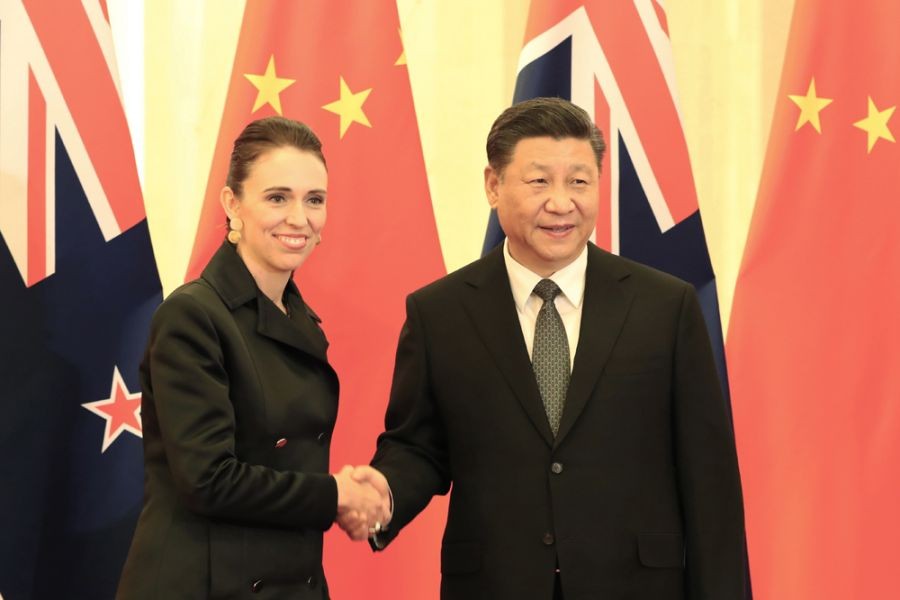

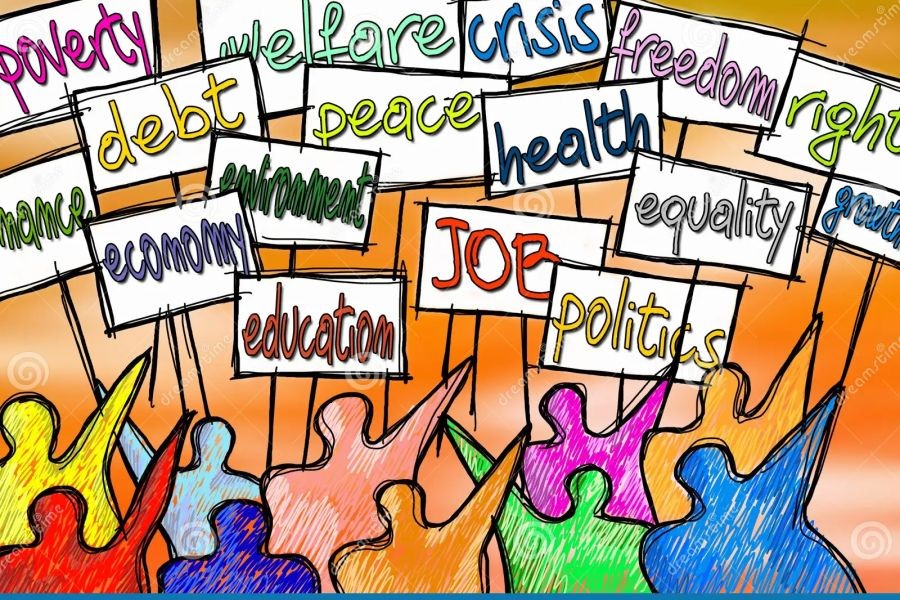




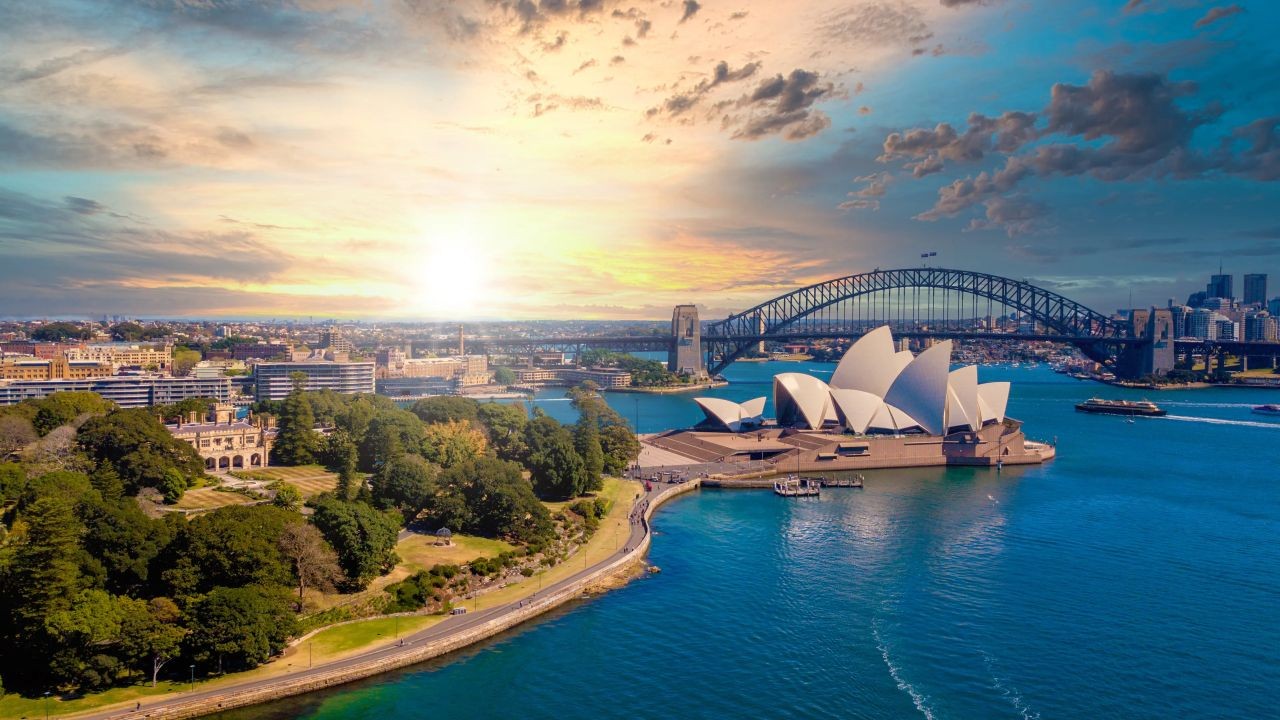


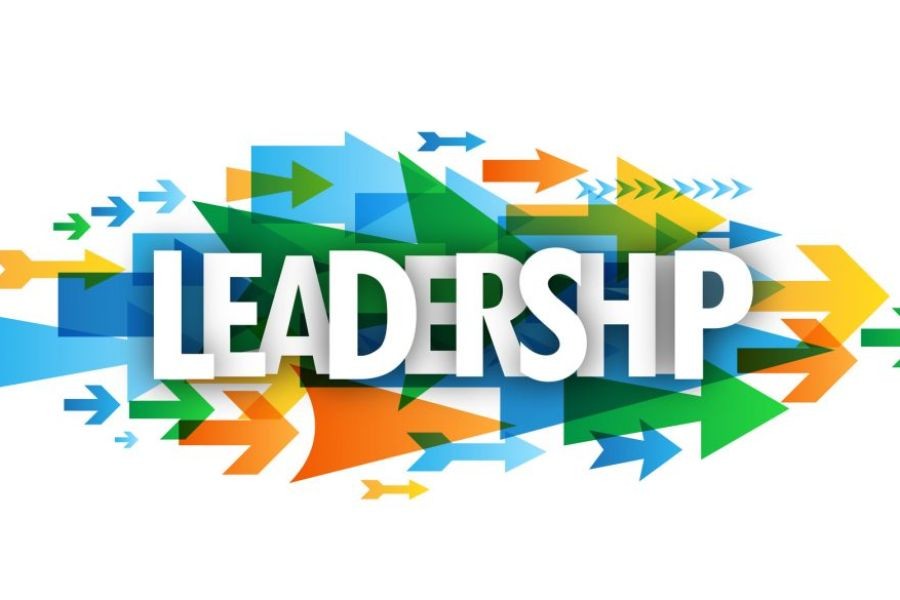

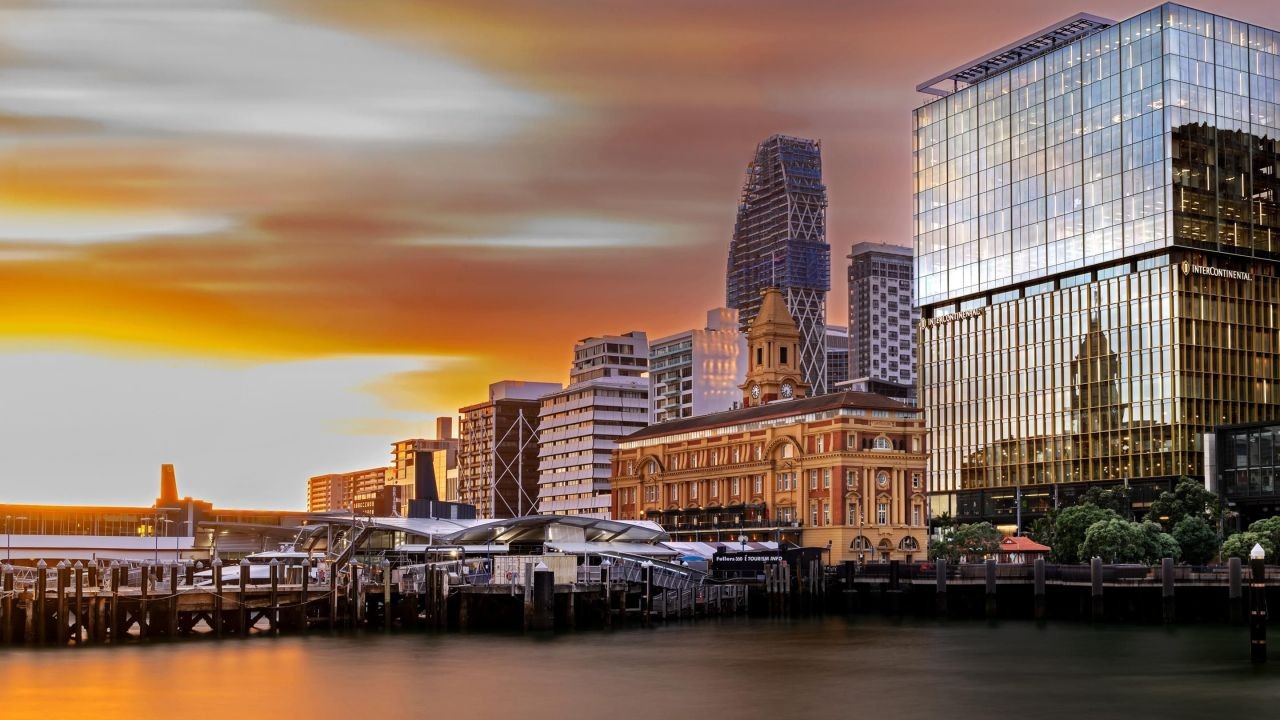













Eggplant670
9 months ago